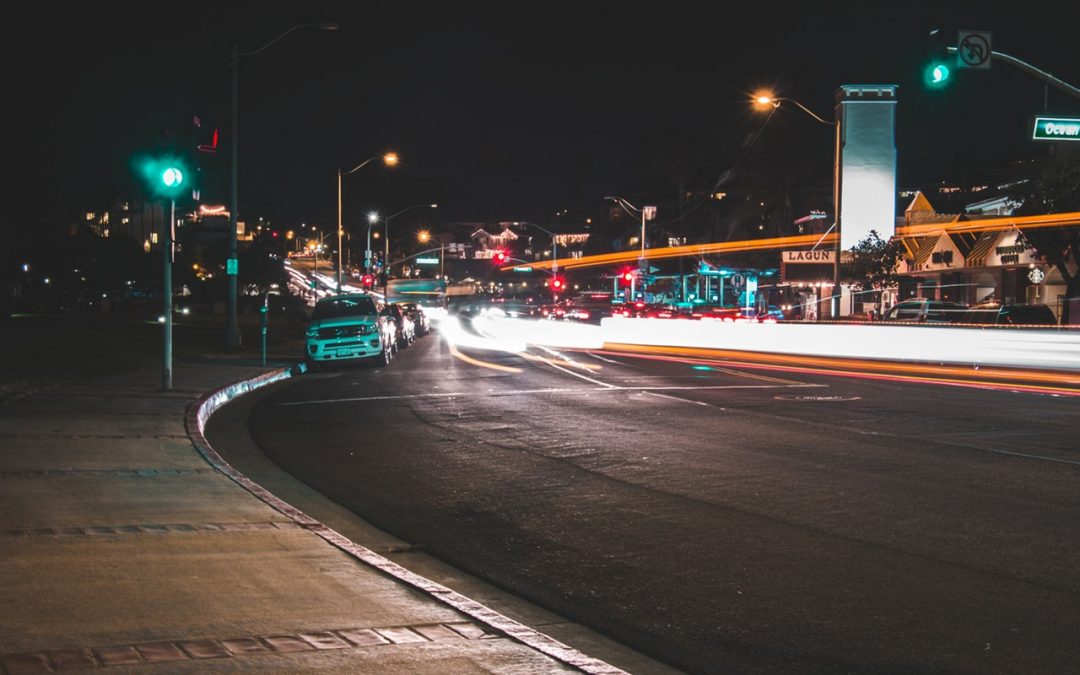A recent report found that the transition to Spring Daylight Saving Time (DST) acutely increases fatal traffic accidents by 6% in the US. The research reported on Current Biology took a look at US Registry Data between the years of 1996 and 2017 and included 732,835 fatal motor vehicle accidents. The study comes in at a time where many states are considering doing away with the DST switch entirely – citing a spike in heart attacks, strokes, workplace injuries and other problems as a cause for ditching the time change.
Sleep Deprivation & Darker Mornings
When looking at the reasons for the deadly spike that DST causes, researchers controlled factors like year, season and day of the week, which resulted in a spike in fatal accidents in the week following the spring time change. Furthermore, the spike grew following the 2007 Energy Policy Act that extended daylight saving to start on the second Sunday of March rather than the first Sunday of April.
With the time-shifting forward one hour, many people begin to face a loss in sleep and a morning commute in the dark, two factors that can contribute to a rise in crashes. Additionally, those living on the western-most part of their timezone already receive nearly 19 minutes less sleep than those that live on the far eastern side of the timezone, yet they need to arrive at work at the same time.
A Spike In Workplace Injuries
While the roads become more dangerous during time changes, a spike in workplace injuries has also been studied. In fact, studies going back into the early to mid-2000s shows the dangers of daylight savings has been documented for years. One study created in 2009 by Christopher Barnes and David Wagner, both doctoral candidates studying industrial and organizational psychology at Michigan State University, shows a trend in springtime change and an increase in workdays lost to injuries.
In fact, two separate studies they examined showed that the March switch to DST resulted in “40 minutes less sleep for American workers, a 5.7 percent increase in workplace injuries and nearly 68 percent more workdays lost to injuries” to be exact. With suck an obvious and abrupt spike to the health and safety of American workers, especially those in positions requiring a high level of attention of detail.
All Time Change Leads To Spikes In Injuries/Deaths
While the spring daylight savings drive higher amounts of morning-time crashes and sleep deprivation-related work injuries, the fall time “fall back” also results in a spike in afternoon accidents, as darkness comes sooner. In fact, the accident patterns flip flop from morning to afternoon during the November time change, and back in the March change. While accident patterns do change on the road no matter what type of time change occurs, the study by Barnes and Wagner found no significant increase in workplace injuries or loss of sleep.
U.S. Not Alone In Seeking Changes
While a majority of the study data originates from U.S. studies and organizations, other countries have also begun to take note of the safety risks that time changes pose on commuters and workers. A study completed by the University of British Columbia, which used data from the Canada Ministry of Transport, cited an 8% increase risk of accidents the Monday after the time change. Even countries like the UK and the Republic of Ireland have introduced bills to move towards Central European Time (CET) in an effort to combat time savings related injuries and fatalities.
Were You Injured At Work Or While Driving?
If you were injured at work or while driving, let the attorneys at The Weycer Law Firm help navigate your case. Discuss your case for FREE today by contacting us online or by calling (713) 668-4545.

